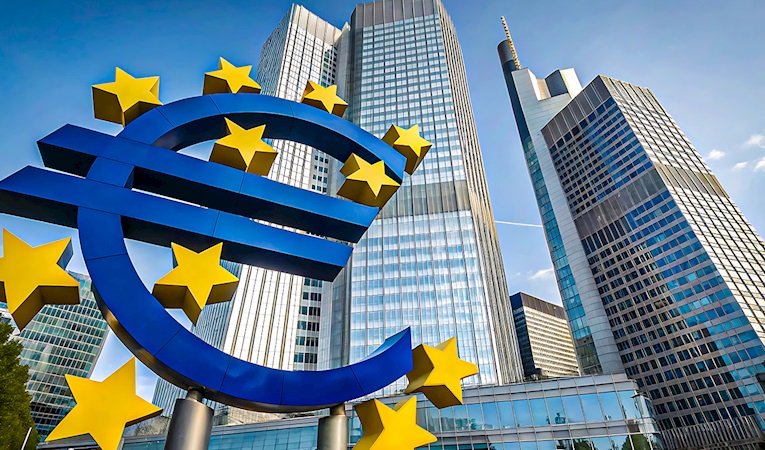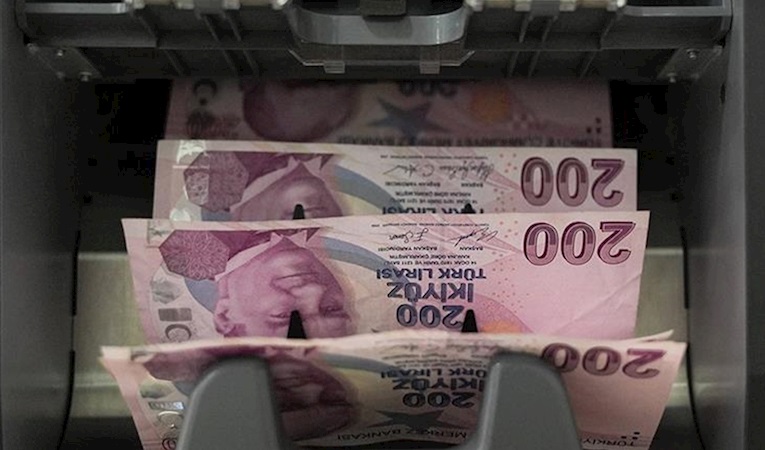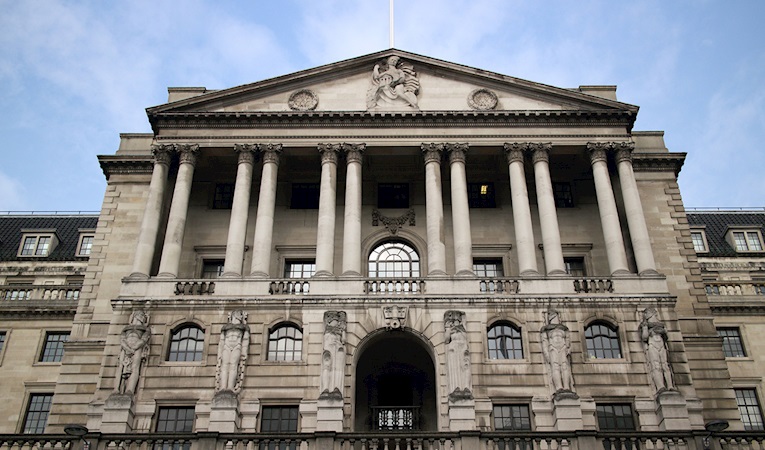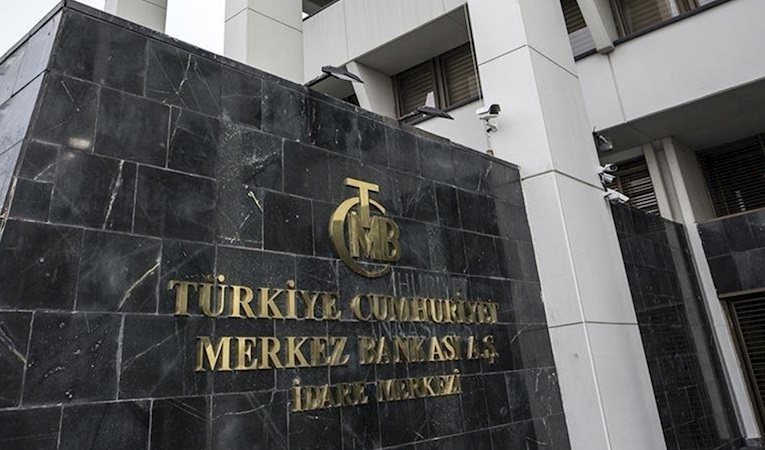
-
BIST 100
 11335,05%0,00En Düşük11307,70En Yüksek11385,18
11335,05%0,00En Düşük11307,70En Yüksek11385,18 -
DOLAR
 42,77%0,11Alış42,7693Satış42,7793En Yüksek42,8350
42,77%0,11Alış42,7693Satış42,7793En Yüksek42,8350 -
EURO
 50,20%0,00Alış50,1822Satış50,2134En Yüksek50,2557
50,20%0,00Alış50,1822Satış50,2134En Yüksek50,2557 -
EUR/USD
 1,17%-0,04Alış1,1717Satış1,1718En Yüksek1,1731
1,17%-0,04Alış1,1717Satış1,1718En Yüksek1,1731 -
ALTIN
 5939,95%-0,25Alış5939,26Satış5940,65En Yüksek5971,23
5939,95%-0,25Alış5939,26Satış5940,65En Yüksek5971,23
-
BIST 100
 11335,05%0,00En Düşük11307,70En Yüksek11385,18
11335,05%0,00En Düşük11307,70En Yüksek11385,18 -
DOLAR
 42,77%0,11Alış42,7693Satış42,7793En Yüksek42,8350
42,77%0,11Alış42,7693Satış42,7793En Yüksek42,8350 -
EURO
 50,20%0,00Alış50,1822Satış50,2134En Yüksek50,2557
50,20%0,00Alış50,1822Satış50,2134En Yüksek50,2557 -
EUR/USD
 1,17%-0,04Alış1,1717Satış1,1718En Yüksek1,1731
1,17%-0,04Alış1,1717Satış1,1718En Yüksek1,1731 -
ALTIN
 5939,95%-0,25Alış5939,26Satış5940,65En Yüksek5971,23
5939,95%-0,25Alış5939,26Satış5940,65En Yüksek5971,23
- Anasayfa
- Haberler
- Tüm Haberler
- Entrepreneurial Middle Class On The Rise
Entrepreneurial Middle Class On The Rise
In Turkey the goal of a ‘developed middle class’ is finally becoming a reality. The rise of middle class entrepreneurs is strengthening this phenomenon. TOBB Chairman Rifat Hisarcıklıoğlu observes ...
In Turkey the goal of a ‘developed middle class’ is finally becoming a reality. The rise of middle class entrepreneurs is strengthening this phenomenon. TOBB Chairman Rifat Hisarcıklıoğlu observes that: “We are witnessing the rise of an entrepreneurial middle class in Turkey”. This group also includes accounts more than 1.2 million active entrepreneurs.
 With its 1.2 million members and an organizational structure which extends throughout the entire country, TOBB is one of the pioneers of change in Turkey. To a large degree it is our members, that is to say ‘the entrepreneurial middle class’, are leading the country towards social transformation and development. We are witnessing the rise of an entrepreneurial middle class in Turkey. TOBB, which is the sole representative of the entrepreneurial middle class, assumes a great social responsibility in the shaping of the future of the country.”
With its 1.2 million members and an organizational structure which extends throughout the entire country, TOBB is one of the pioneers of change in Turkey. To a large degree it is our members, that is to say ‘the entrepreneurial middle class’, are leading the country towards social transformation and development. We are witnessing the rise of an entrepreneurial middle class in Turkey. TOBB, which is the sole representative of the entrepreneurial middle class, assumes a great social responsibility in the shaping of the future of the country.”
These words belong to Rifat Hisarcıklıoğlu, the chairman of the Turkish Union of Chambers and Bourses (TOBB). Hisarcıklıoğlu, who describes TOBB’s members as the ‘entrepreneurial middle class’, draws attention to the rise of this group and says: “The democratic contests in the chambers and bourses are indications of the rise, together with their institutions, of an entrepreneurial middle class.”
Those who follow these developments attribute this phenomenon of the rise of the “entrepreneurial middle class” – and the key to its success -- the transfer of economic and political power into its hands. This “entrepreneurial middle class’ produces major investments and new members of the legendary Anatolian Tigers and its political impact at a local and national level is continually increasing.
Power lies with the entrepreneurial middle class
We asked Rifat Hisarcıklıoğlu: “Who comprise this entrepreneurial middle class.” He repied as follows: “All entrepreneurs who have established companies become members of TOBB through their chambers and bourses. Of these 1.2 million members, 99 percent are members of small- and medium-sized enterprises (SMSEs). TOBB represents the entire business community. Most importantly, it represents the entrepreneurial middle class which binds Turkey together.”
This means that what the TOBB chairman describes as the entrepreneurial middle class is comprised of SMSEs. The SMSEs do indeed form the backbone of the Turkish economy and perform an important role. According to the State Institute of Statistics 2002 General Census of Industrial Workplaces, SMSEs account for 99 percent of all businesses in Turkey. That is to say, SMSEs represent the majority of those involved in the economy. Akbank Corporate Banking Marketing Manager Gökhan Ertürk says: “SMSEs account for 77 percent of the entire workforce. When we look at it in this way, we can say that the state of these businesses has a direct impact on the economy and politics of the country.”
85 percent in the services sector
What is the profile of the SMSEs which form the entrepreneurial middle class? According to data from the SIS, there are a total of 2,139,000 workplaces in Turkey. Of these 1,720,000 are believed to be entrepreneurial. Out of these entrepreneurs, 94.9 percent are micro businesses employing 1-9 people. The 53,246 medium-sized enterprises employ between 10 and 19 people. 0.4 percent of entrepreneurs employ 50-250 people and 0.11 percent 250 or more.
Entrepreneurial SMSEs are concentrated in different sectors. 85 percent of SMSEs are active in different fields in the services sector. 228,000 entrepreneurs are active in manufacturing industry. Manufacturing SMSEs opt for areas such as furniture, food processing, metals and clothing.
Hilmi Develi, who is chairman of the Turkish Foundation for Executives and Self-Employed Members of Medium-Sized Enterprises (TÖSYOV), says: “For example, furniture is something which can be done with low investment costs. This is why entrepreneurs prefer it. As a result, SMSEs operate in areas which do not need a lot of technology, trained personnel or finance.”
In addition to major cities such as Istanbul and Ankara, SMSEs are also concentrated in the provinces from which the Anatolian Tigers emerged, such as Bursa, Denizli, Kayseri and Gaziantep. Manufacturing SMSEs tend to prefer organized industrial zones.
The main dynamics underpinning their rise
Dimensions are changing all over the world. In sectors such as automotives and consumer durables, the size is increasing. But, unlike automotives and consumer durables, value added goods and services or the production of high technology do not require major investments. Hilmi Develi believes that, for this reason, entrepreneurs are now turning to small and medium-sized operations. This is not just the trend in Turkey, it is happening all over the world. This process is one of the main dynamics underpinning the rise of the SMSEs, which Hisarcıklıoğlu describes as the entrepreneurial middle class.
THE RISE OF THE MIDDLE CLASS IS INEVITABLE
COMPETITION IS AN INDICATION OF THEIR EMERGENCE The TOBB community has played a key role in the recovery in the economy over the last four years. When the country was living through difficult times it did not just make constructive criticism but became part of the solution. In fact, it is our members, that is to say ‘the entrepreneurial middle class’, who are leading the country towards social transformation and development.
THE ENTREPRENEURIAL MIDDLE CLASS SHOULD BE STRENGTHENED From the point of view of the social fabric of Turkey, the rise of the entrepreneurial middle class is inevitable. Because they act rationally in commercial life. When you develop the entrepreneurial middle class, sub-cultural distinctions become relegated to folklore. This is how it is in all developed countries. The role of the entrepreneurial middle class needs to be increased in order for Turkey to develop and for the glue which holds it together to be strengthened.
The number of new enterprises has increased fivefold compared with 1980
Year Companies established Companies closed
1980 7527 182
1990 18699 644
2000 33161 1887
2001 29665 2464
2002 30842 3667
2003 32259 5436
2004 40919 7660
Source: State Institute of Statistics
EBRU FİRAT
[email protected]
Türkiye ve dünya ekonomisine yön veren gelişmeleri yorulmadan takip edebilmek için her yeni güne haber bültenimiz “Sabah Kahvesi” ile başlamak ister misiniz?






